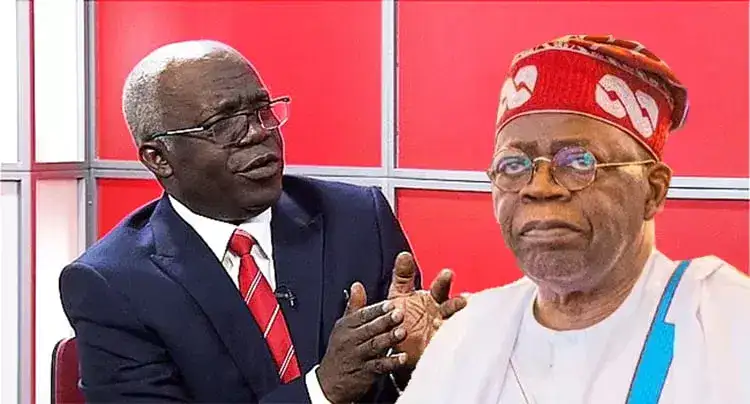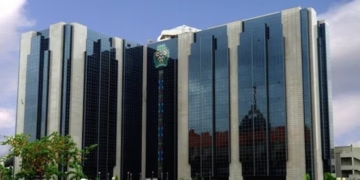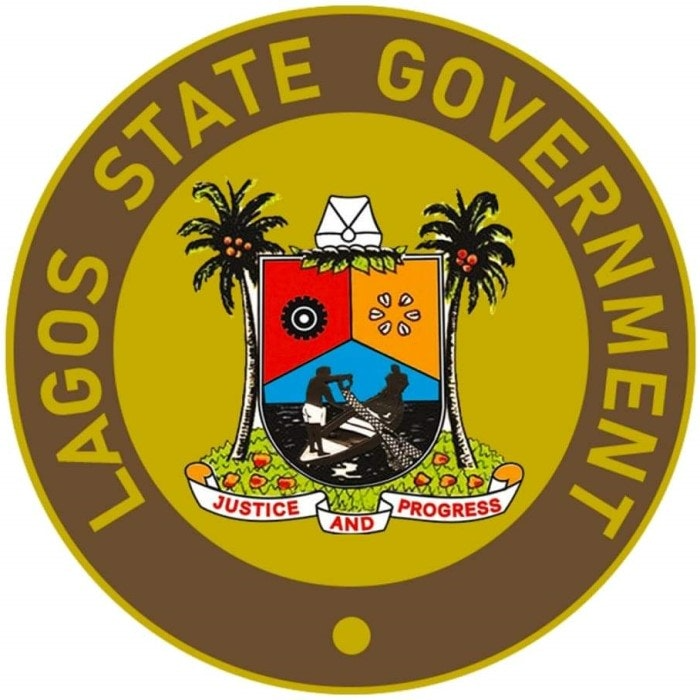CBN aims to boost diaspora remittances Nigeria 2025 but faces new threats from global visa rules and remittance taxes affecting formal forex inflows
The Central Bank of Nigeria’s ambitious plan to achieve one billion dollars monthly in diaspora remittances Nigeria 2025 is under growing international pressure.
Also read: Inflation fears mount as CBN highlights rising production costs
Tightened remittance rules and immigration laws in the United States, United Kingdom, and United Arab Emirates are beginning to shake confidence in official channels.
These shifts may derail the CBN’s progress, just as inflows were gaining traction.
CBN Governor Olayemi Cardoso said the country had already raised remittances from \$200 million to over \$600 million a month.
“There’s nothing stopping us from exceeding our $1 billion target,” he said during a recent monetary policy briefing. “This is the Nigerian spirit in action and at work.”
However, President Donald Trump’s new legislation now imposes a 3.5% fee on all outbound transfers by foreign nationals.
The move will likely impact low- to middle-income Nigerian families relying on modest monthly inflows. Analysts at CardinalStone warn that such levies could push remitters back to informal channels, undermining the CBN’s formalisation efforts.
More hurdles lie ahead. The US has cut visa durations for Nigerians to just three months with a single entry. The UK’s revised rules have slowed visa processing for students and workers.
In the UAE, new policies block many Nigerians aged 18 to 45 from getting tourist visas, while older applicants must now show a $10,000 monthly bank balance.
With diaspora remittances Nigeria 2025 under strain, the naira could face new downward pressure. In early July, the currency slipped to ₦1,531 per dollar despite a $50 million intervention.
Many worry household spending will drop as fewer remittances come in, impacting food, rent, education, and healthcare.
Cardoso hinted that Nigeria may launch diaspora bonds to attract more structured investment. But financial experts like Johnson Chukwu insist success will depend on transparency.
“There is appetite for investment among the diaspora, but only if there is clear impact and trust,” he said.
Also read: CBN ranks Nigeria’s instant payment system among global best
As remittance corridors narrow, Nigeria’s economic lifeline is exposed. Whether the country reaches the $1 billion monthly target will now depend on smart diplomacy and bold domestic policy.





























